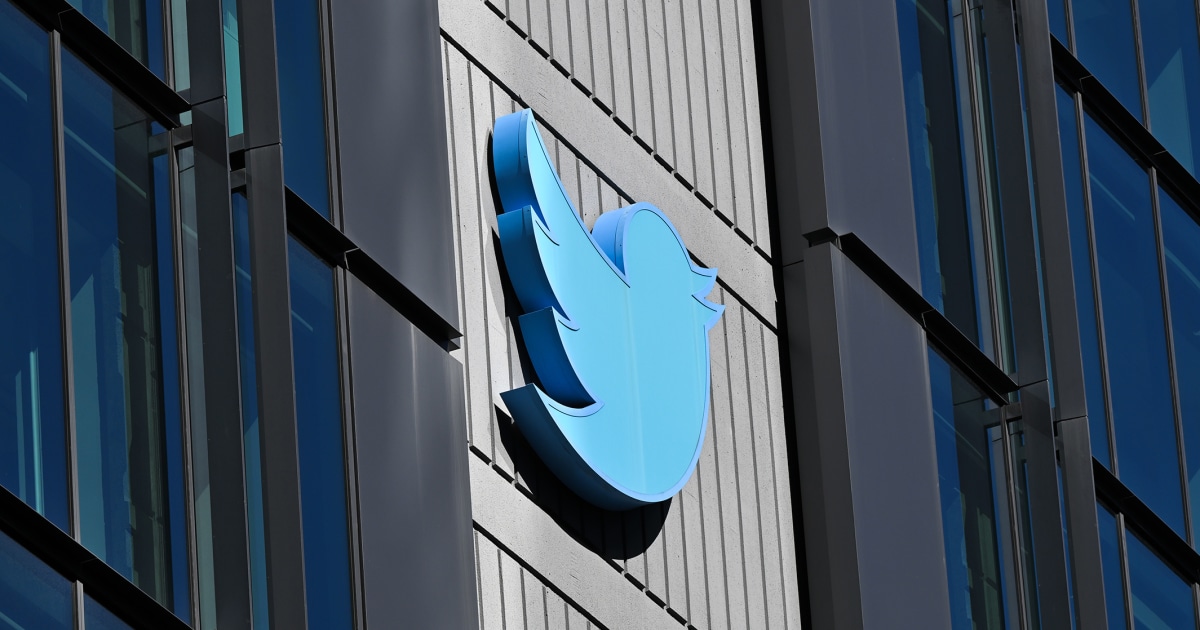SAN FRANCISCO — All of the major social media platforms do not protect LGBTQ users well from hate speech and harassment, especially those who are transgender, non-binary or gender non-conforming, advocacy group GLAAD said Thursday. But Twitter is the worst.
In its annual Social Media Safety Index, GLAAD gave Facebook, Instagram, TikTok, YouTube and Twitter low or fail scores, saying the platforms aren’t doing enough to keep their users safe. That being said, most have improved from a year ago.
Twitter, which was acquired by Tesla CEO Elon Musk last October, was the only exception. GLAAD’s scorecard called it «the most dangerous platform for LGBTQ people» and the only one that saw its scores drop from last year.
Twitter’s communications staff was eradicated after Musk took over the company, and for months inquiries to the press office have been answered only with an automated response of a poop emoji, as was the case when The Associated Press reached out to the company for comment.
LGBTQ advocates have long warned that hate and harassment online can lead to violence offline. But even when it’s not, online abuse can take a toll on a person’s mental health.
«Not a week goes by that we don’t have a doxing situation for someone in our community that we have to go into and help them stop it and stop the hate, stop the vitriol and stop the attacks,» he said. GLAAD CEO and President Sarah Kate Ellis, referring to the malicious practice which involves collecting private or identifying information and posting it online without the person’s permission, usually in an attempt to harass, threaten, embarrass, or retaliate. «It’s really been amplified to a level that we’ve never seen before.»
On Twitter, attacks on LGBTQ users have increased substantially since Elon Musk took over the company last fall, according to several advocacy groups.
A large part of the reason are the drastic cuts in staff Musk has enacted since his takeover: There simply aren’t enough content moderators to handle the onslaught of problematic tweets ranging from hate speech to graphic material to harassment. Musk has also described himself as a «free speech absolutist» who believes Twitter’s previous policies were too restrictive.
In April, for example, Twitter silently removed a policy against “gender messaging or deadname targeting transgender people,” raising concerns that the platform is becoming less secure for marginalized groups. Musk has also repeatedly engaged with far-right figures and misinformation pushed to his 143 million followers.
Twitter, as part of the same shakeup of its site’s policies, also changed the way it responds to tweets that violate its rules. While offensive tweets have been removed in the past, the company now says it will sometimes restrict a tweet rather than remove it entirely from the platform.
“Twitter is very much a cesspool now. You can’t post without being attacked. There is no room for conversation. It’s just hand-to-hand combat,» Ellis said. «And that’s what it is. It’s like backyard dogfights.»
Ellis lamented that prior to the acquisition, Twitter was a «leader» among major social media platforms when it came to protecting LGBTQ users.
Meta, which owns Facebook and Instagram, saw a 15 percentage point increase in the score for both platforms, to 61% and 63%, respectively. The GLAAD index measures 12 LGBTQ-specific indicators, such as explicit hate and harassment protections for LGBTQ users, offers options for gender pronouns in profiles, and prohibits advertising that could be harmful or discriminatory to LGBTQ people.
While Meta has improved and has strong policies, GLAAD says the company doesn’t consistently enforce them. For example, the group says that for many abusive posts it reports, Meta will send an automated response stating that due to the high volume of reports it receives, it is unable to review the post.
Meta said in a prepared statement that it works with «civil society organizations around the world in our work to design policies and create tools that foster a safe online environment,» including seeking input from LGBTQ advocacy and security organizations.
TikTok, which saw its score rise from 14 points to 57%, said it is “proud to have strong policies aimed at protecting LGBTQ+ people from harassment and hate speech, including gender misgendering and dead names, and always we seek to strengthen our approach. informed by both our community and expert advice, such as GLAAD.”
Meanwhile, Google’s YouTube scored 54%, up nine points from 2022.
“Our policies prohibit content that promotes violence or hate against members of the LGBTQ+ community. In recent years, we have made significant progress in our ability to quickly remove this content from our platform and highlight authoritative sources in search results and recommendations,” said spokesperson Jack Malon.
Musk, in tweets and public statements, has repeatedly said that he supports free speech and calls himself a «free speech absolutist» who wants to turn Twitter into a «digital city square” where people with different points of view can freely debate. Linda Yaccarino, the company’s newly installed CEO, also tweeted recently that “you should have the freedom to say what you think. We all should.»
But GLAAD and other organizations that advocate for marginalized groups point out that the unrestricted freedom of one group can infringe on the freedom of expression of others.
“Free speech doesn’t mean you can bully and harass people relentlessly,” said Jenni Olson, GLAAD’s director of social media safety. «And that’s why companies have hate speech policies, because…if someone bullies and harasses me, that means I don’t have free speech because I’m afraid to say anything.»

